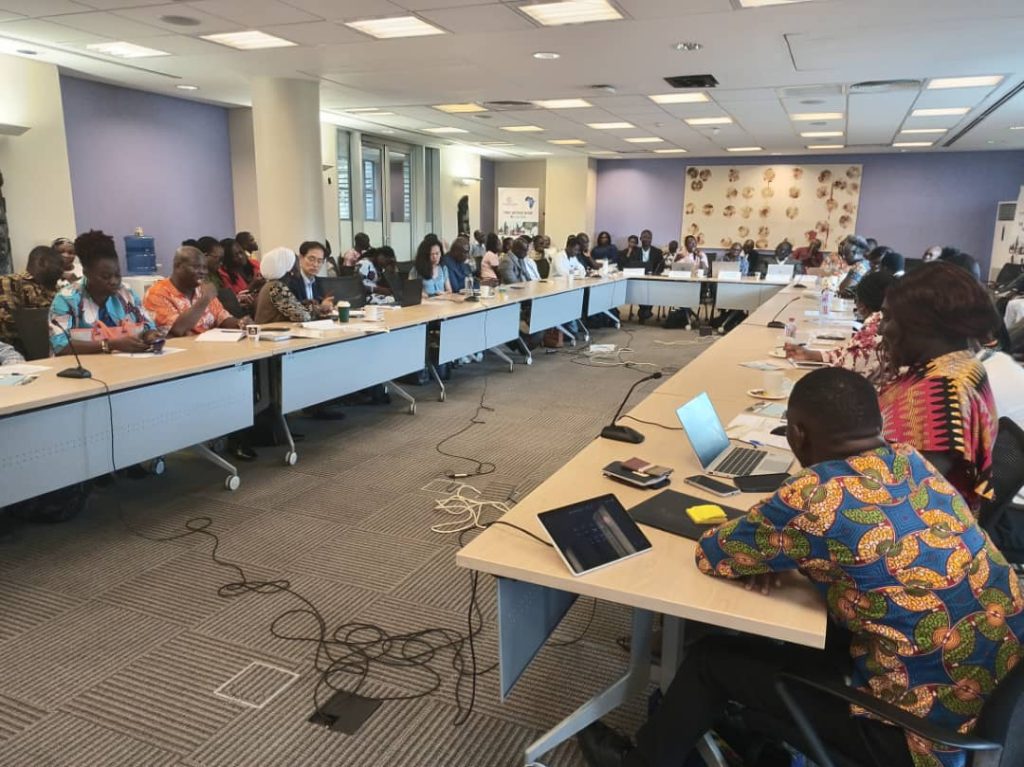|
Getting your Trinity Audio player ready...
|
Climate Change Impact: Ghana highly vulnerable to malaria, diarrhoea – World Bank Report. Ghana is highly vulnerable to malaria and diarrhoea diseases induced by flooding and rising temperatures occasioned by climate change, a new report by the World Bank has indicated.
The report, titled: “Climate and Health Vulnerability Assessment (CHVA) for Ghana” found a “significant association” between flooding, temperature and increment in reported cases of malaria and diarrhoea from 2012 to 2022.
The Report said climate change was causing extreme weather conditions such as floods and droughts, leading to food insecurity, injuries and risk of death of two million people.
The CHVA, commissioned by the World Bank, was conducted by a team of researchers from the University of Ghana School of Public Health, Kwame Nkrumah University of Science and Technology, University of Energy and Natural Resources, and the University of Environment and Sustainable Development.
Professor Kwasi Torpey, a Professor of Family Health and Dean of the University of Ghana School of Public Health, launched the Report at a workshop convened by the World Bank in Accra on Tuesday.
Approach
Disseminating the findings, Prof. Mawuli Dzodzomenyo, lead author of the Report, and Head of Department, Biological, Environmental, and Occupational Health, UG School of Public Health, said the Report assessed the impact of climate change on health and health systems to guide policy decisions.
He said the team found that Ghana’s health system was vulnerable to climate change, and identified malaria, diarrhoea as among the diseases that were highly susceptible to climate change.
Prof. Dzodzomenyo said the Report also identified women, aged, children, and persons with disabilities particularly within rural communities as the most vulnerable.
“We examined how temperature over the years has resulted in increase in number of malaria cases and we did the same for diarrhoea. We realised that for both of them, there is a significant association between temperature and diarrhoea reported cases and also temperature and malaria reported cases.
“But in diarrhoea, we did not find any significant association between rainfall and reported cases of diarrhoea. What it means is that temperature and rainfall are predictors of malaria and diarrhoea outcomes,” he said.
The Report called for urgent action to strengthen the resilience of Ghana’s health system against adverse effects of climate change.
It also called for increment in climate financing for the health sector to help mitigate impact on health systems.
“There is need to not only concentrate on health but look at how health and other sectors can collaborate and come out with policies that can help improve outcomes in health.
“There should be sharing of information across different sectors so that it can support mitigation efforts,” Prof. Dzodzomenyo said.
The World Bank said the CHVA for Ghana underscored the country’s climate varied in temperature and rainfall, with projections showing decreased rainfall and higher temperatures.
Mr Robert Taliercio, World Bank Country Director for Ghana, Liberia, and Sierra Leone, said the implementation of adaptation and mitigation measures was crucial to preventing further adversities.
“The Government of Ghana is ahead of the curve in thinking about the potential impacts of climate change on health and we encourage further work across sectors on this important challenge,” he said.
Source: GNA


